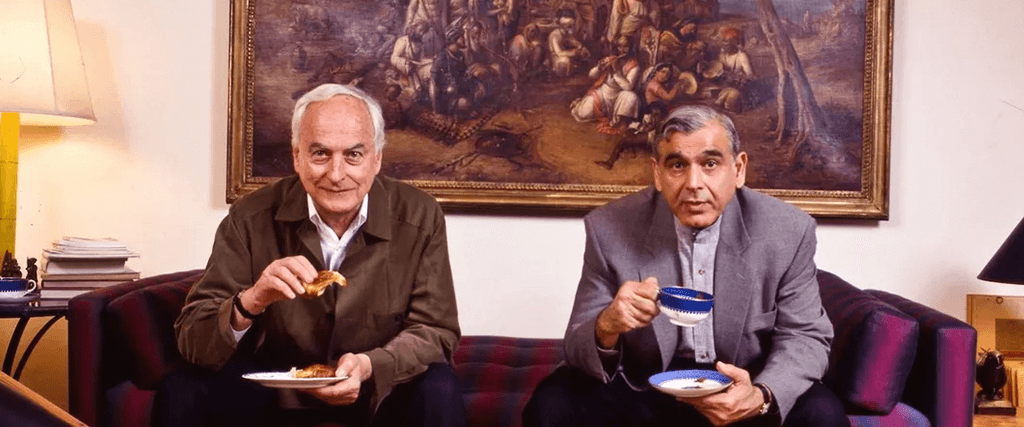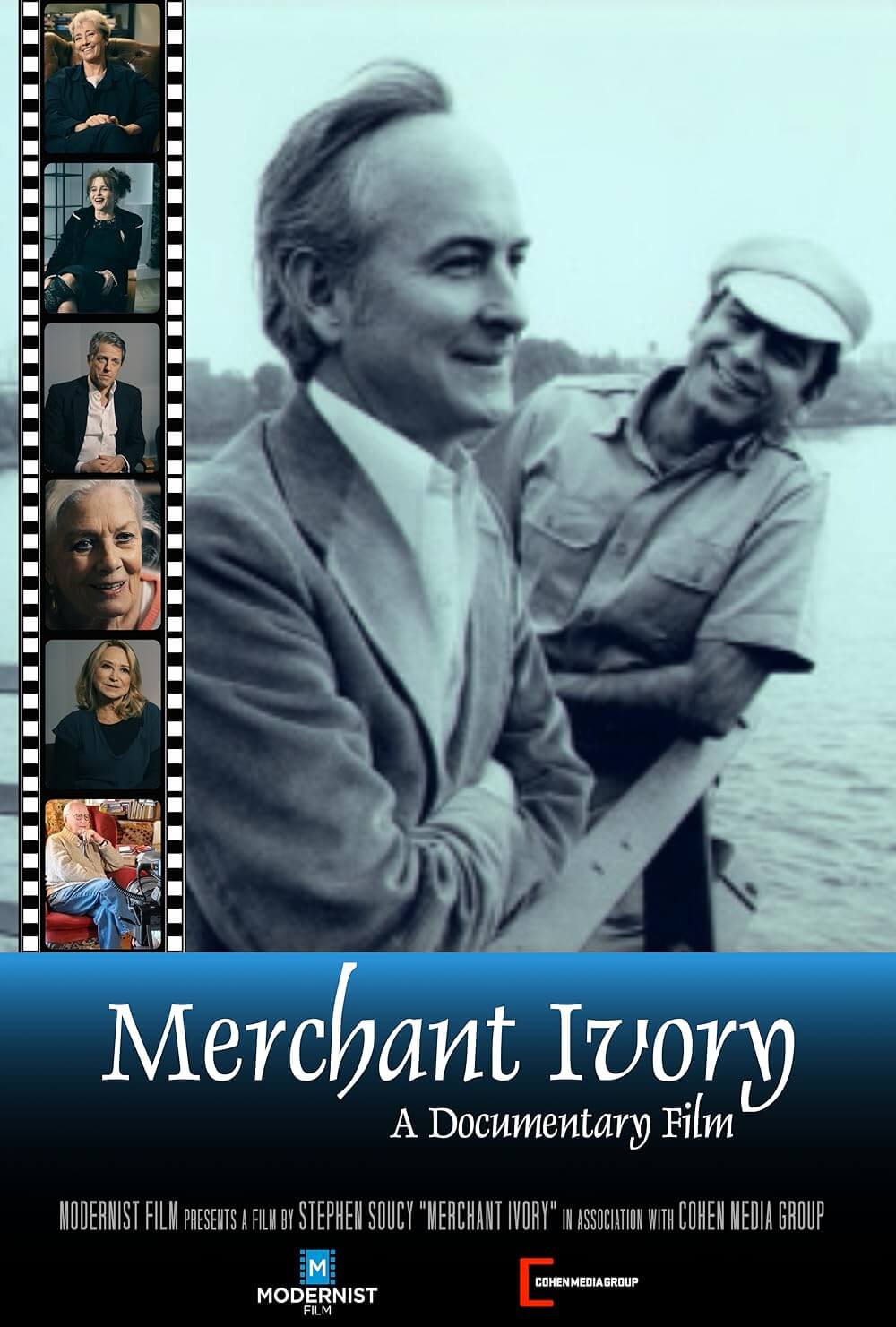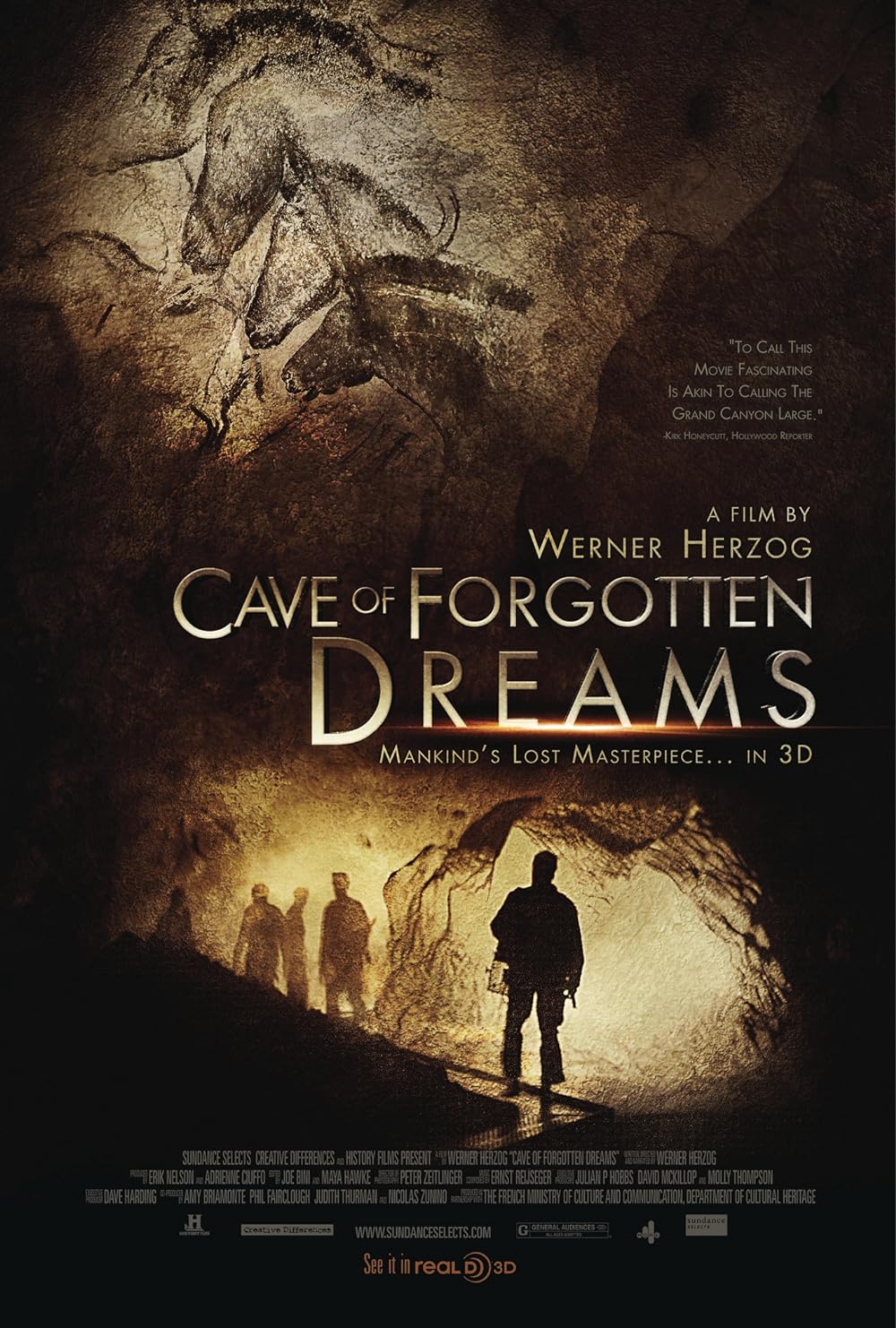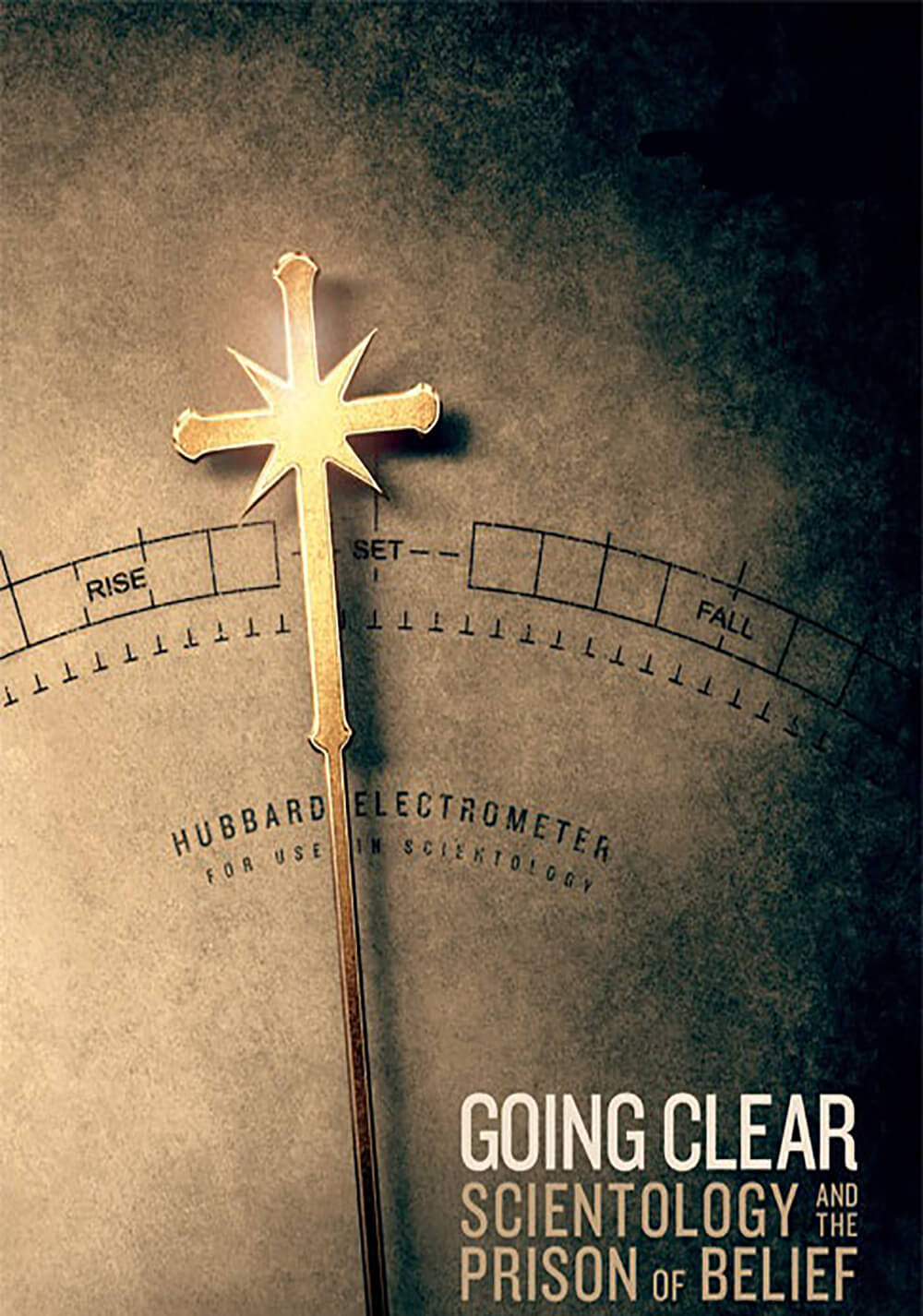Short Takes

Merchant Ivory
By Brian Eggert |
Makers of literary adaptations and aching period pieces, James Ivory and Ismail Merchant produced 43 films together between 1961 and 2007, all but 13 directed by the former. Stephen Soucy’s affectionate new documentary, Merchant Ivory, takes the name of their production company, which, despite working with often meager budgets and under strenuous conditions, managed to produce acclaimed masterpieces such as A Room with a View (1985), Maurice (1987), Howards End (1992), and The Remains of the Day (1993). Soucy’s lovingly made doc shows clear admiration for his subjects as people and artists—an infectious veneration that spreads to the viewer.
Mention Merchant Ivory, and the dismissive reaction might be something like, “Oh, those stuffy British dramas.” But Soucy characterizes their work as slyly subversive despite the stately aesthetics on the surface. After all, their movies often tackled subjects of contrary politics and queer identity that, in the 1980s, were considered taboo. Moreover, the learned pair, who lasted as a couple for decades through various infidelities, translated subtly subversive texts from Henry James, Kazuo Ishiguro, and E.M. Forster to the screen. To this day, Ivory remains a gay icon, yet he and those around the two were reticent to discuss their lifestyle openly, echoing the restrained emotions in so many of their films. But it wasn’t all just Merchant and Ivory. Sourcy establishes early on that the company’s namesake hardly represents the dozens of filmworkers in the Merchant Ivory family. Above all, they also relied on a pair of two-time Oscar winners, screenwriter Ruth Prawer Jhabvala and composer Richard Robbins.
Accented by simplistic animation that transitions between its chapters, the doc alternates between aspects of their biographies and filmographies. Soucy narrates with a rather wooden delivery that nonetheless lends an intimate quality to the doc, as though it’s a personal appreciation rather than an objective lesson. His voice accents archival footage, scenes from their movies, clips from past Oscar ceremonies, reviews by Siskel and Ebert, and talking head interviews with their collaborators. Names such as Emma Thompson, Hugh Grant, and Rupert Graves also share their affection for the duo and appreciation of their films, while the generally thorny Vanessa Redgrave refuses anything so straightforward as unchecked admiration. Indeed, many complain that Merchant was a “con man” who could finagle and convince the company’s typically strained casts and crews of anything. Whatever tension there might have been was stuffed out of existence when Merchant cooked an elaborate meal once a week on the set, lending a sense that they were all part of the “Merchant Ivory family.”
A good doc about a filmmaker should inform and analyze, cater to longtime fans and newcomers, and also inspire the viewer to go out and watch its subject’s movies. Merchant Ivory does all that with a touch of class and evident passion for the subject. The best thing I can say about Soucy’s film: He made me want to revisit the Merchant Ivory works I’ve seen and gave me a watchlist of those I haven’t.
(Note: Stephen Soucy’s documentary Merchant Ivory debuted last year at DOC NYC in November, next screens at the Palm Springs Film Festival, and opens later in 2024.)

Unlock More from Deep Focus Review
To keep Deep Focus Review independent, I rely on the generous support of readers like you. By joining our Patreon community or making a one-time donation, you’ll help cover site maintenance and research materials so I can focus on creating more movie reviews and critical analysis. Patrons receive early access to reviews and essays, plus a closer connection to a community of fellow film lovers. If you value my work, please consider supporting DFR on Patreon or show your support in other ways.
Thank you for your readership!
Brian Eggert | Critic, Founder
Deep Focus Review







